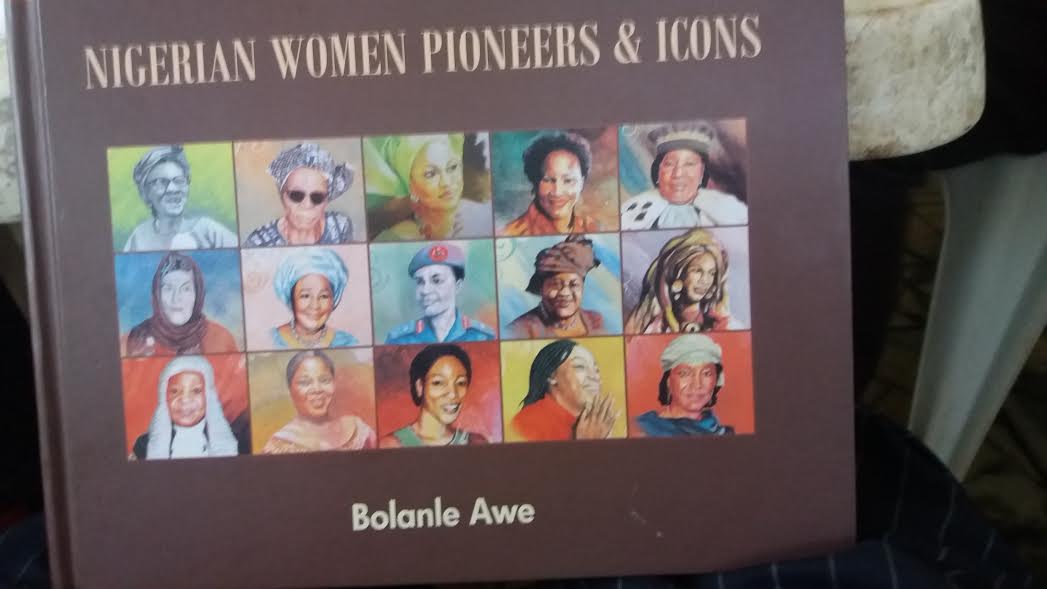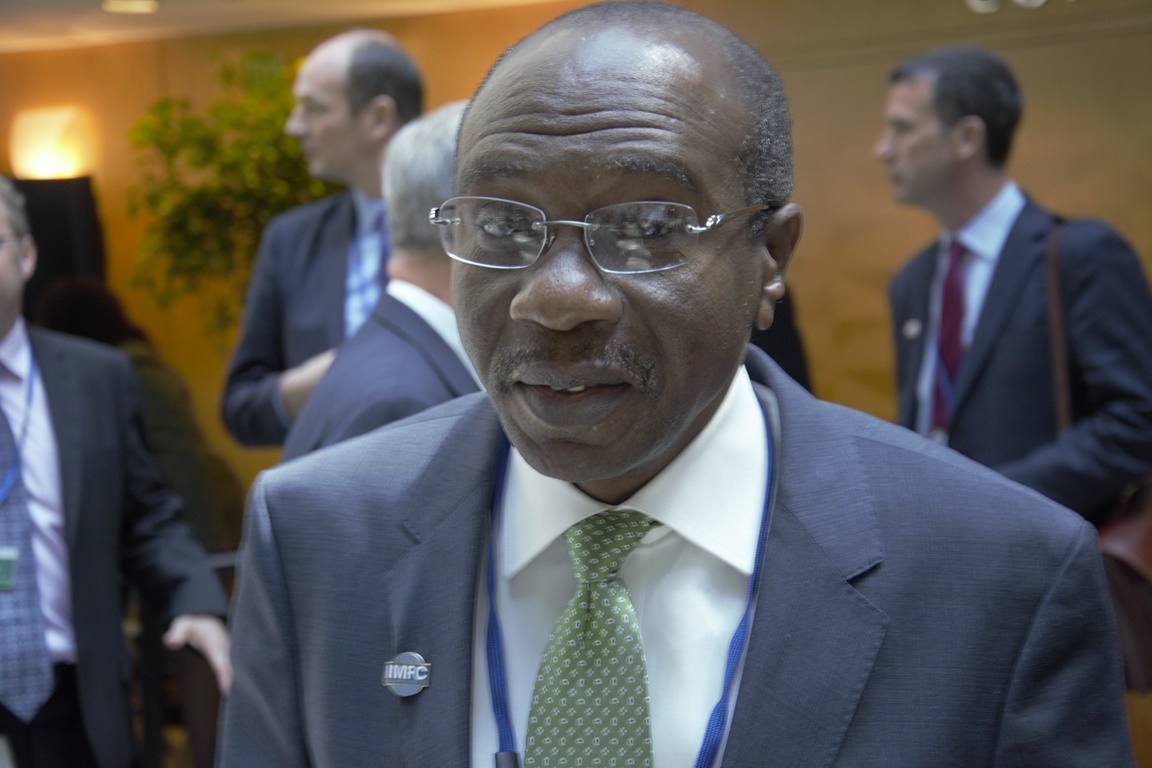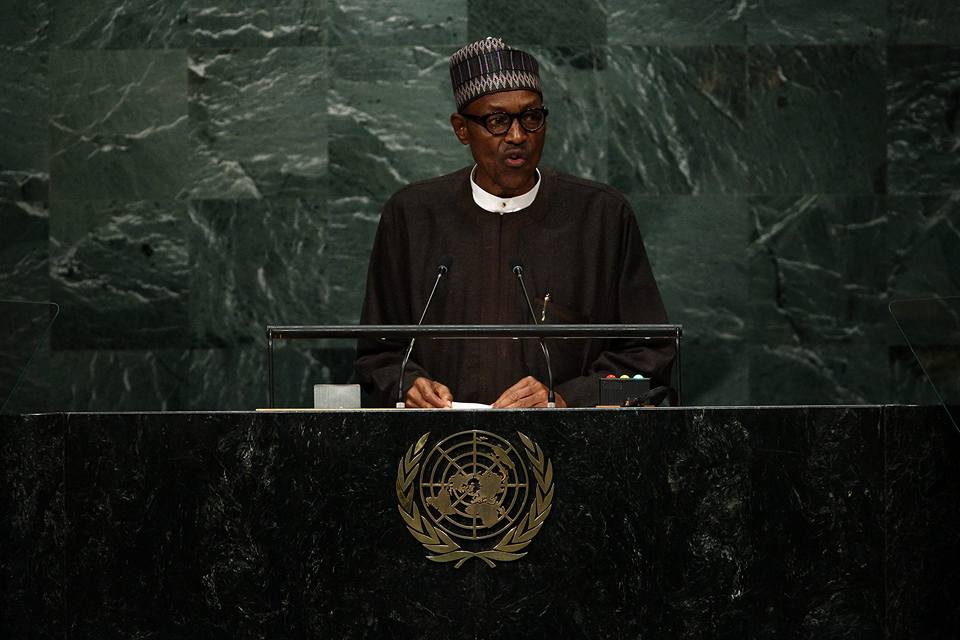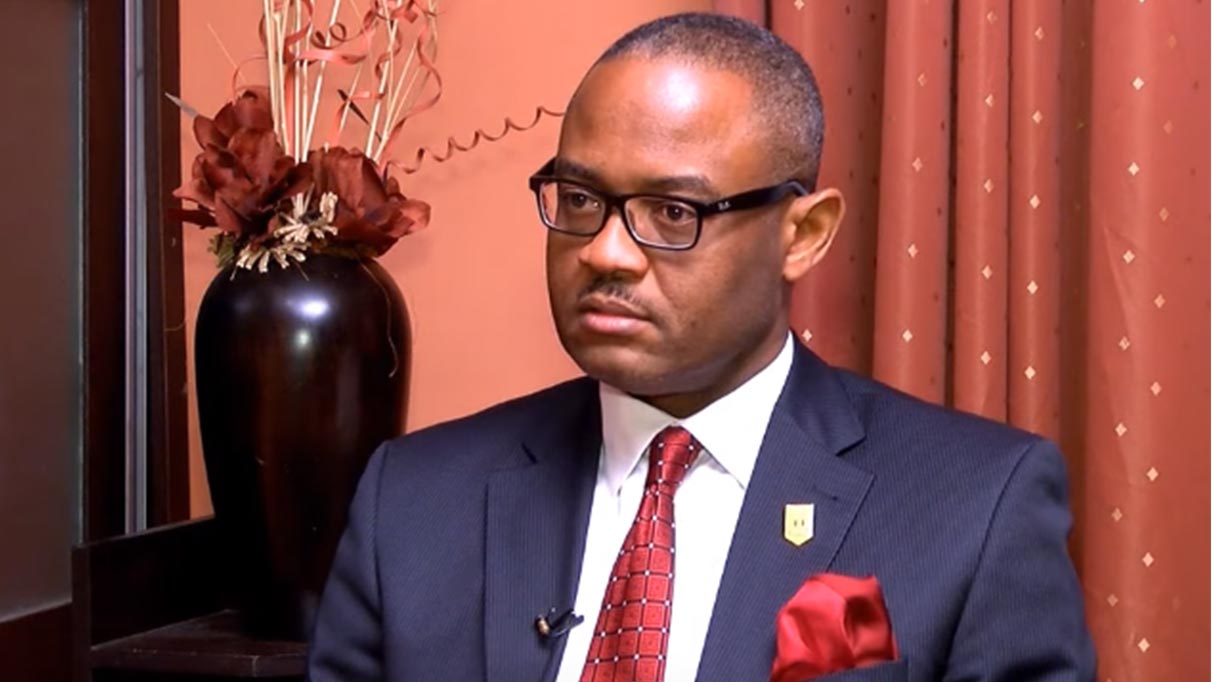BY FESTUS ADEDAYO
The list of unfavourable prejudices against women in the world is endless. History, religion, culture, language, etc over the centuries, were skewed in her disfavor.
The history, for instance, was his story and never hers. In the developing world, for instance, culture and religion were her major snares, with grossly skewed foundations that were basically woven together to put her down. These cobbled together a mindset that makes the female gender inferior to her male counterpart. From creation, women have struggled against the machination of an environment which sees them as second class and appendages to their male counterpart.
Until the huge mobilization for its stoppage in the nineteenth and twentieth century Britain that culminated in the ceding of right to vote to women, this discrimination was part and parcel of the British system. It was followed by the growth of feminism and its objective fight against long-held beliefs that put the woman down. The emergence by Margaret Thatcher as Prime Minister of Britain in the 1980s was a direct win of this centuries old fight of the place of women in societal equilibrium.
Advertisement
Former Vice Chancellor of the University of Ibadan and Emeritus Professor of English in the same university sides with the above claim. In a foreword to the book Nigerian Women Pioneers and Icons, Banjo traced the history of prejudice. The world, he said, has witnessed the enactment of different forms of discrimination which he said is the foundation of the race problems in the United States of America and the former Apartheid system in South Africa. He submitted that this discrimination is pernicious as it is based on irrational prejudice due to its erection of “a hierarchy within the one and indivisible humanity, suggesting that some human beings are intrinsically superior or inferior to others.”
Banjo likened the above arbitrary classification of human beings which he called “falsely designed hierarchy within one humanity” to the discrimination against women. To him, in spite of the mileages achieved in the fight to properly situate women in the world, women are still far away from redemption. Women are still subjected to highly unfavourable societal codes, bend over backwards to demonstrate the deposit of leadership acumen in them and in many cultures, suffer from profiling that situates them as mere societal lubricants while their male counterpart are the engine whose wheels are strategic to the running of the world.
Even America which claims to hoist the lantern of civilization, according to CNN’s award-winning journalist, British-Iranian Christianne Amanpour, has not been weaned of this discriminatory tendency. The CNN Chief Correspondent, in a reaction to claims that Hillary Clinton was unfit for the American presidency because she was wheeled out of the 9/11 memorial celebration in New York, attributed this gender hostility to heightened “media conspiracy” against Clinton.
Advertisement
“But surely this can’t be a case of a human being having an off day. Nope like so many things Hillary, the media are having a field day, off to the races with another debilitating case of indignant outrage. This must be another typical Clinton conspiracy to fool them with a total transparency breakdown. Talk about a transparency breakdown, what about Donald Trump’s tax returns – where are they? Can’t a girl have a sick day or two? Don’t get me started because when it comes to overqualified women having to try a hundred times harder than unqualified men to get a break or even a level playing field, well, we know that story,” Amanpour had said.
It is against these age old prejudices and discrimination that the book Nigerian Women Pioneers and Icons is coming on the shelf. It comes with the admittance that though Nigerian polity, culture and history are ranged against women, they have managed under this rigid profiling to emerge as icons and colonizers of their societal limitations. In a collection of essays that holds the dual purpose of a recorder of history and a fillip for would-be women icons who are yet held down by the gruff of culture and time-worn beliefs, Bolanle Awe, professor of history, retired Director of the Institute of African Studies, University of Ibadan and former commissioner in the then Western Region, a woman renowned to be a voice for womanhood through her incessant interventions in issues of our contemporary society, relives the conquest of womanhood.
Nigerian Women Pioneers is a chronicle of Nigerian women whose lives and achievements have distinguished as outstanding individuals who have made notable contributions to the development of Nigeria. As pioneers who attained leadership positions in their chosen fields of human endeavour in spite of erected male gender-made roadblocks, they are potential role models for young Nigerian women in this byzantine jungle of a highly patriarchal Nigerian society.
On the inspiration for the focus of the Amazon achievers, Professor Awe said that until recently, the focus of attention was on the men who had made good as leaders and scant attention for their women counterpart and this venture is aimed at singing the song of the unsung women. “The emphasis on male achievements is partly due to the traditional notion that the woman’s role is to look after the home front as wives and mothers contentedly attending to the family’s domestic needs,” she said, citing examples from other lands where women interspersed these roles with leadership like Madame Curie of France and Mary Wai Maathai of Kenya, the former who received the Nobel Prize in Medicine and the latter, the first African woman to win a Nobel prize.
Advertisement
“When viewed comparatively, the percentage of (these) women to the overall female population is insignificant; indeed they only serve to demonstrate in a small but important way the greatness of female potential. Truly the number of outstanding Nigerian women achievers seems rather inadequate considering that women make up almost 50% of the nation’s population,” she said.
In all, 33 women were showcased in the volume. They are Nana Asmau, the legendary poet; Hajiya Fatima Lolo, pioneer female musician; Olufunmilayo Ransome-Kuti; Wuraola Adepeju Esan, educationist/politician; Lady Kofoworola Aina Ademola, foremost Oxford graduate; Margaret John Ekpo, foremost politician and pioneer parliamentarian; Irene Modupelola Thomas, renowned medical practitioner; Folayegbe Akintunde-Ighodalo, First Lady Permanent Secretary; Ladi Kwali, world acclaimed potter; Adetowun Ogunsheye, pacesetter in education; Mabel Segun; Flora Nwapa Nwakuche; Folake Solanke, first lady SAN; Grace Alele Williams, scholar; Bolanle Awe; Gambo Sawaba;Francesca Yetunde Emmanuel; Oyinade Olurin; Batule Aleke, pioneer and Queen of Waka music; Bola Kuforiji-Olubi; Oluwatoyin Olusola Olakunrin; Jadesola Akande; Aisha Bridget Lemu; Aderonke Kale, first Lady Army General; Aloma Mariam Mukhtar; Joy Ogwu; Hansine Napwanijo Donli; Zaynab Alkali, novelist and feminist; Folorunso Alakija; Onyeka Onwenu; Bilikisu Yusuf, first woman newspaper editor; Ngozi Okonjo-Iweala; Chioma Ajunwa and Chimamanda Adichie.
In the book, the reader is given an unprecedented insight into the quality lives of the pioneers, their environmental and existential limitations that almost conspired to put them down and their victories over these militating circumstances. More fundamentally is the corrosive contributions of the male gender in the conspiracy to limit them, fuelled by an incandescent history, culture, language and custom.
Explaining this, Awe said the imbalance is so widespread that the woman would be lucky to escape its dragnet. “This gender imbalance in practically every field is certainly not because women are created inferior to men but rather because women have not been afforded a level playing gield. Indeed it is a scientifically proven fact that the human brain is the same in both males and females. Women, however, are subjected to numerous constraints; there is a general and totally unsubstantiated belief that women are inferior to men and can only perform certain duties – mainly domestic ones of looking after the home, their children and husbands,” she said.
Advertisement
For instance, Batule Alake, born in 1935 from Okesopin quarter in Ijebu Igbo in Ogun State, pioneer of a genre of music called Waka in Yorubaland, without formal education, waded through the typecast of women singers as promiscuous and emerged as a model for younger musicians. She made an indelible mark in the highly competitive world of Nigerian music. Of Alake, the author said “the artist who has blazed the trail for several others, who have continued to demonstrate great industry and courage in spite of their limited access.”
The Special Adviser on Diaspora matters to the President, Hon. Abike Dabiri-Erewa, in the foreword to the book, called for an understanding of the difference between the modern woman and her foremothers.
“The modern woman’s work differs considerably from that of her grandmothers and great grandmothers. The most significant difference is that the modern woman works and earns a living most of her adult life, whereas her forerunner, once married, stays at home and takes care of domestic affairs,” she said, asking for the striking of balance by the modern woman in her different roles.
Advertisement
Dabiri-Erewa is of the opinion that the incongruence of profiling women with the menace of the few bad women in society is obliterating what she called “the unquantifiable contributions of women to the social, political, economic and religious cum cultural spheres of Nigeria.” She believes that the history of Nigeria can never be complete without the mention of these women of note.
The 161-paged book was written in fluid and engaging prose which affords its reader a window into the uncommon strides of the 34 women and by that, women in general. Its crispness of tone and coffee table reading inviting layout, interspersed with artistic imageries of the Amazons, also make it reader friendly and unputdownable. It affords the reader an opportunity to see how long-held but wrong beliefs, cultures and practices have held down women who could have liberated the clime long before now.
Advertisement
Adedayo writes from Ibadan, Oyo state
Advertisement
Views expressed by contributors are strictly personal and not of TheCable.
Add a comment






